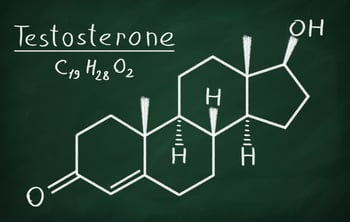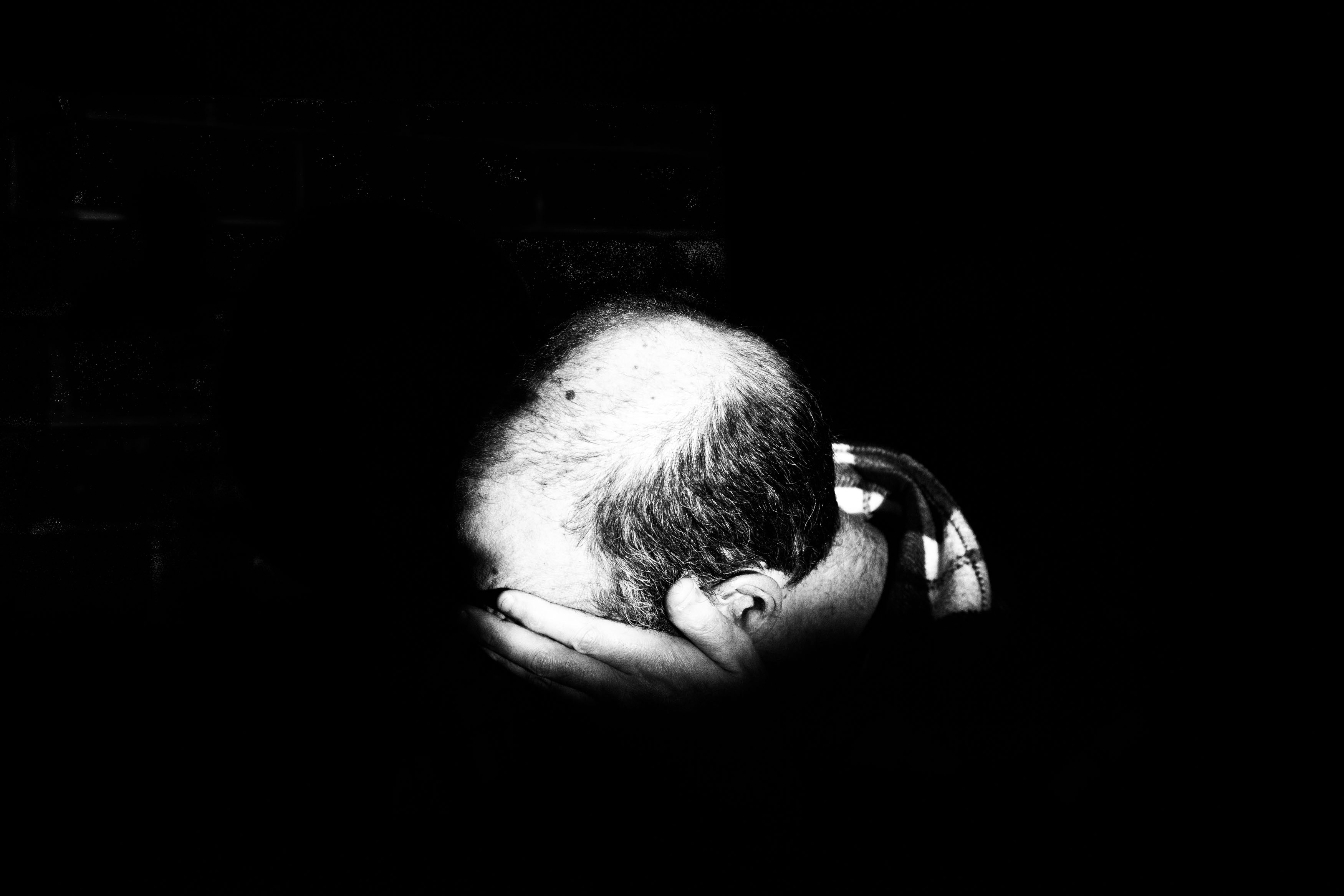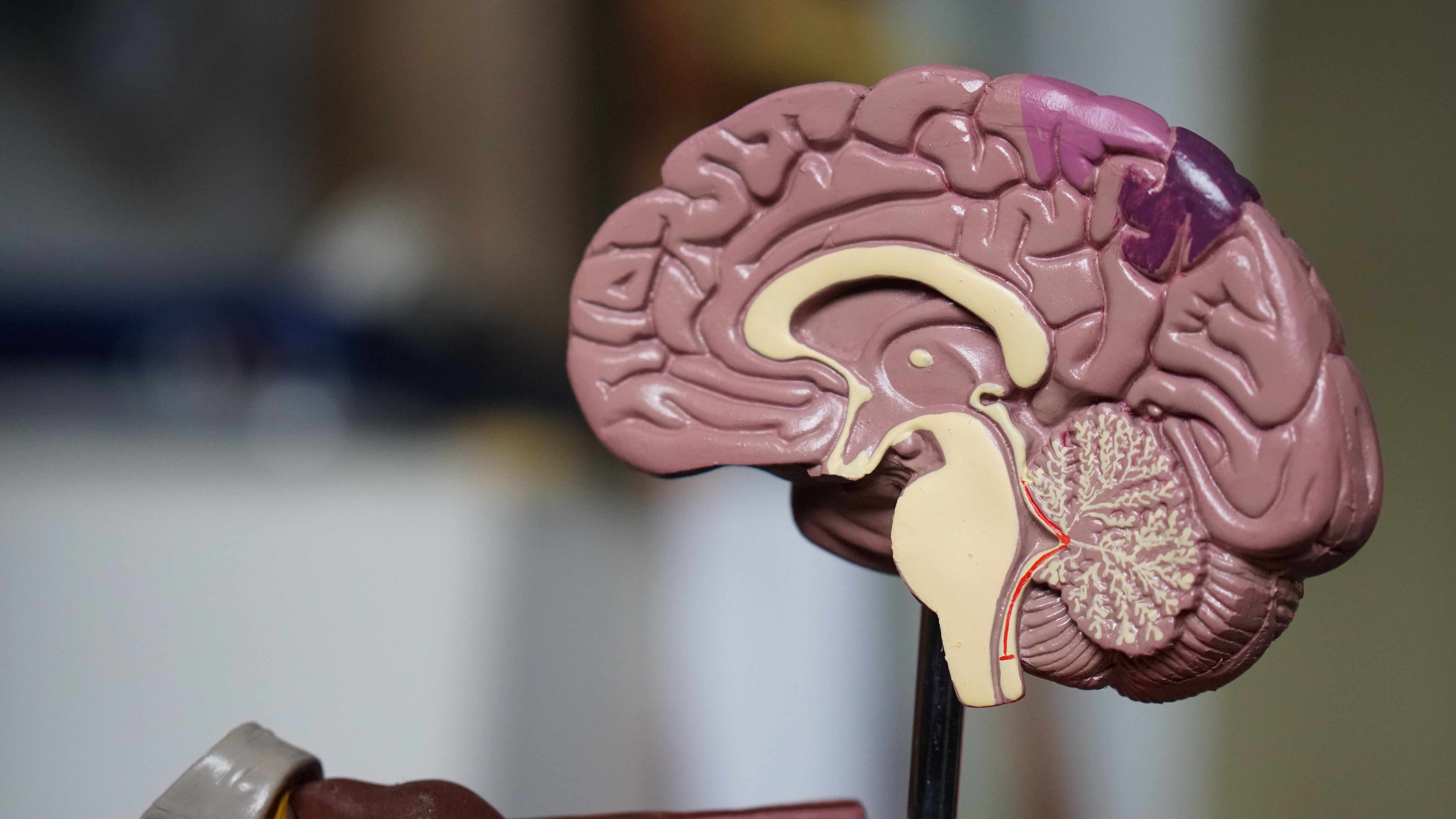TRT: Cutting Through the Hype to What You Really Need to Know
It may seem like everywhere you turn these days, there is a steady stream of advertisements promoting an increased sex drive and healthy libido with products like Viagra or testosterone gels and patches. However, Low Testosterone levels, or Low-T is something that many people actually do not believe is very common, when it actually is. In fact, more than half of the patients that we check are experiencing low testosterone levels.
On the other side of these advertisements, articles are also frequently published that discuss how testosterone therapy may damage your heart, and just plain myths surrounding low testosterone treatments. Today, we want to cut through all of the chatter regarding this topic and give you the 5 things you should know about testosterone replacement therapy.
But, before that, it’s important to make sure you have your background information. For starters, what is testosterone?
What is Testosterone?
Testosterone is the primary sex hormone produced, for the most part, in a male’s testicles. Small amounts of this androgen hormone are also produced in the adrenal gland of both males and females.
Like Estrogen in women, Testosterone is the trigger for puberty in boys, bringing about external adult male characteristics like, a deeper voice and facial and body hair. Internally, Testosterone is also responsible for sperm cell production, increased energy and libido, and strength.
Around the time a man reaches 35 - 40, his hypothalamus tells the pituitary gland to decrease Testosterone production. This is typically a natural progression, but some men can experience more low-T symptoms than others that may qualify them for Testosterone Replacement Therapy (TRT). In some cases testosterone production declines at much earlier ages for unknown reasons.
What Qualifications are needed for TRT?
There are a lot of differing opinions by physicians out there today on what constitutes as healthy or “normal” Testosterone levels. Some physicians argue that optimal Testosterone levels should be a goal, rather than “normal” levels, and that men with normal serum levels of 500 mg/dl could still be considered good candidates for TRT. Other physicians believe that the words normal and optimal are synonymous.
According to a study reviewed in the Journal of American College of Cardiology, men with levels in the 600’s have a reduced risk for cardiovascular. Based on these findings, we here at Southwest Integrative Medicine believe optimal is better than normal, and that serum levels between 600-1000 ng/ml are what we should be looking to achieve in men over the age of 30.
With this information in mind, here are the five things you should know about testosterone replacement therapy, before you make a decision:
- TRT is not a replacement for a healthy lifestyle.
Testosterone Replacement Therapy is a very effective treatment for men suffering from low testosterone, but there are also ways to increase your levels naturally as well. Before you choose TRT, try making some alterations to your current diet and exercise plans.
Studies show that both testosterone and HGH are boosted as a result of short, intense exercise. The more muscle groups and more intensity involved in your exercise, the better for testosterone production. By incorporating a combination of high-intensity interval training (HIIT) and weight training, you can take progressive steps in optimizing your body to produce the testosterone hormone, naturally.
Diet is another factor of a healthy lifestyle that can aide in the production of testosterone. Aside from a balanced a healthy diet, which everyone benefits from, incorporating high protein snacks can also be beneficial. The avoidance of plastic containers is also something to consider, as they can actually leach into your food and create an estrogen-like effect, called xenoestrogen.
There are also internal stimulants in the form of herbal treatments like ginseng, Eurycoma longifolia, and Tribulus terrestris that can aid in making your testosterone more bioavailable. For more information, take a look at our list of internal simulants.
- TRT is safest when an actual deficiency is present.
It is not uncommon for men to take supplements or go through TRT, when Low-T is not actually present. It is important to know that TRT is not without risks, which we will discuss a little later in the article. If you are someone with normal levels of testosterone, you may be unnecessarily subjecting yourself to these possible side effects. In other words, TRT is going to have more up side and the least amount of down side when Low-T is actually the cause for your current symptoms.
On the other end of the spectrum, some men do not even know they have Low-T because their health is void of the normal symptoms. In fact, according to a study done by The Journal of Endocrinology and Metabolism, 1 in 4 men have Low-T, and of that, only a small percentage actually displayed the symptoms of it.
Your safest avenue for hormonal balance and health is to make sure you have your hormone levels tested with your physician regularly, regardless of the present of symptoms.
- TRT is not a panacea.
 Some men can experience Low-T symptoms without actually having low testosterone. That is why it is important to get tested if you start experiencing symptoms to ensure that you actually have a deficiency that merits a discussion about TRT with your physician.
Some men can experience Low-T symptoms without actually having low testosterone. That is why it is important to get tested if you start experiencing symptoms to ensure that you actually have a deficiency that merits a discussion about TRT with your physician.
Symptoms of low testosterone include;
- Fatigue,
- Low Libido,
- Increased Weight,
- Depression, and
- Foggy thinking
- Poor memory
- Erectile dysfunction
- Decreased bone strength
If you are experiencing some or all of these symptoms, we would recommend taking a test to determine if you actually have low testosterone. However there are several other health issues that can cause these symptoms.
- Health Benefits to TRT.
Aside from the commonly touted benefits of testosterone replacement like, increased stamina and libido, there are numerous benefits to correcting this hormone deficiency. Improved blood sugar regulation and decreased levels of LDL cholesterol and triglycerides are of the more important positive side effects.
If you have trouble regulating your blood sugar, studies show that men that go through TRT find that their blood sugar improves. The spike in energy that occurs from increasing your testosterone levels can also have a positive impact on your metabolism and often leads to weight loss for men going through the therapy.
Symptoms of age like decreased muscle mass and bone loss are also things that can be slowed when increases to your low testosterone levels are made. While many men seek our testosterone replacement therapy for the more uncomfortable issues like low libido or erectile function issues, we recommend that you choose TRT based on your symptoms as a whole and the additional benefits it can bring to your well-being.
- Health Risks with TRT.
No treatment is without risk, this includes TRT. Here are a few health risks to be aware of before you choose testosterone therapy.
The first category of risk to discuss is cardiovascular. In a study published in The Journal of the American Medical Association, researchers followed 9,000 men with cardiovascular conditions, where only a ¼ of them having were enrolled in TRT. At the close of this study, almost 26% of the men in TRT had a cardiovascular event, while nearly 20% had an event that were not taking TRT.
What does this mean?
While the difference in percentages is scientifically significant, the researchers methods leave much to be desired. Upon our review of the study, we discovered that little was included in the study in terms of patients monitoring. For instance the dose of the testosterone each subject was receiving and their target testosterone level. The method of testosterone administration and the levels of estradiol and red blood cells. All of these variables should have been controled for to some degree and non were because it was not a controlled study. So very little can actually be deduced from this particular study as to how TRT affects cardiovascular health. However much has been said in the form of advertisments for lawyers looking to create lawsuits against big pharma. This has created a lot of confusion surrounding TRT therapy.
There is a very rare cardiovascular risk, however, that affects around 10% of Low-T patients. This is an increased production of the red blood cells called Polycythemia. If there is a risk of cardiovascular issue associated with TRT, this is likley it. As noted above this was not monitored for in the above study. Thankfully, a blood donation can easily remedy this and put a patient back on schedule with their TRT.
In some cases testosterone therapy can also cause changes in your prostate health. While some studies have shown that testosterone thereapy can improve the health of a prostate, there is also evidence showing it can increase the size of the prostate. In the cases where the prostate size increases it is typicaly triggered by estrogen. This enlargement is a benign reversable enlagment. While there is no clear association with testosterone therapy and prostate cancer, it is important to heavily monitor any changes in your prostate during treatment with TRT.
Like any treatment, there are risks associated with TRT. That is why it is important to have your symptoms thoroughly assessed, as well as go through all of your options with your physician before you begin. Have questions about your hormones? Give us a call and we will setup a free consult.
Ultimately, Testosterone Replacement Therapy can be a very beneficial treatment for men looking to reverse their Low-T levels. In fact, some patients who’ve come to our physicians regarding this issue have expressed that they didn’t even know they felt bad until TRT showed them what it was like to feel good again.
If you or someone you know is experiencing some of the Low-T symptoms we laid out in this article, try taking our Low-T test, or contact our staff at Southwest Integrative Medicine, today, to have your testosterone levels checked. You may be a candidate for Testosterone Replacement Therapy.




















